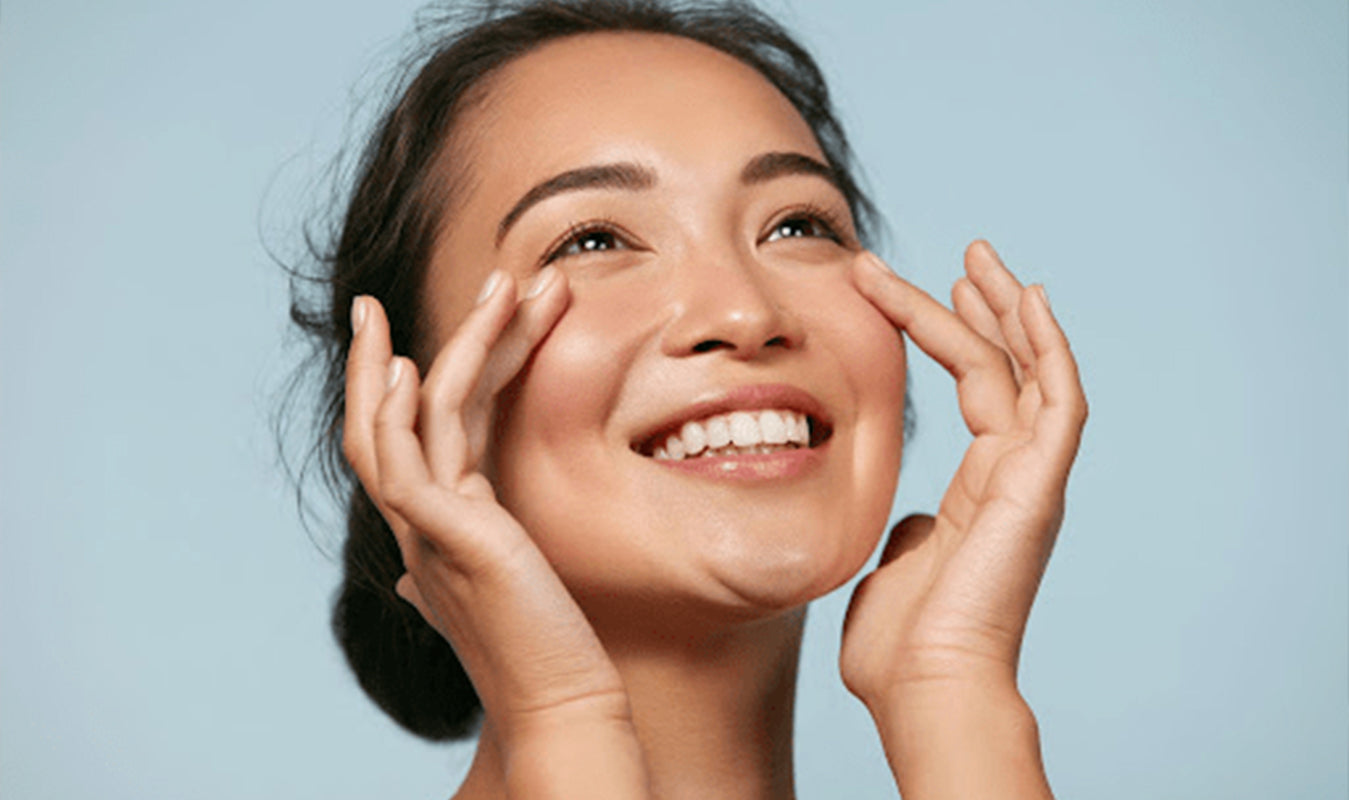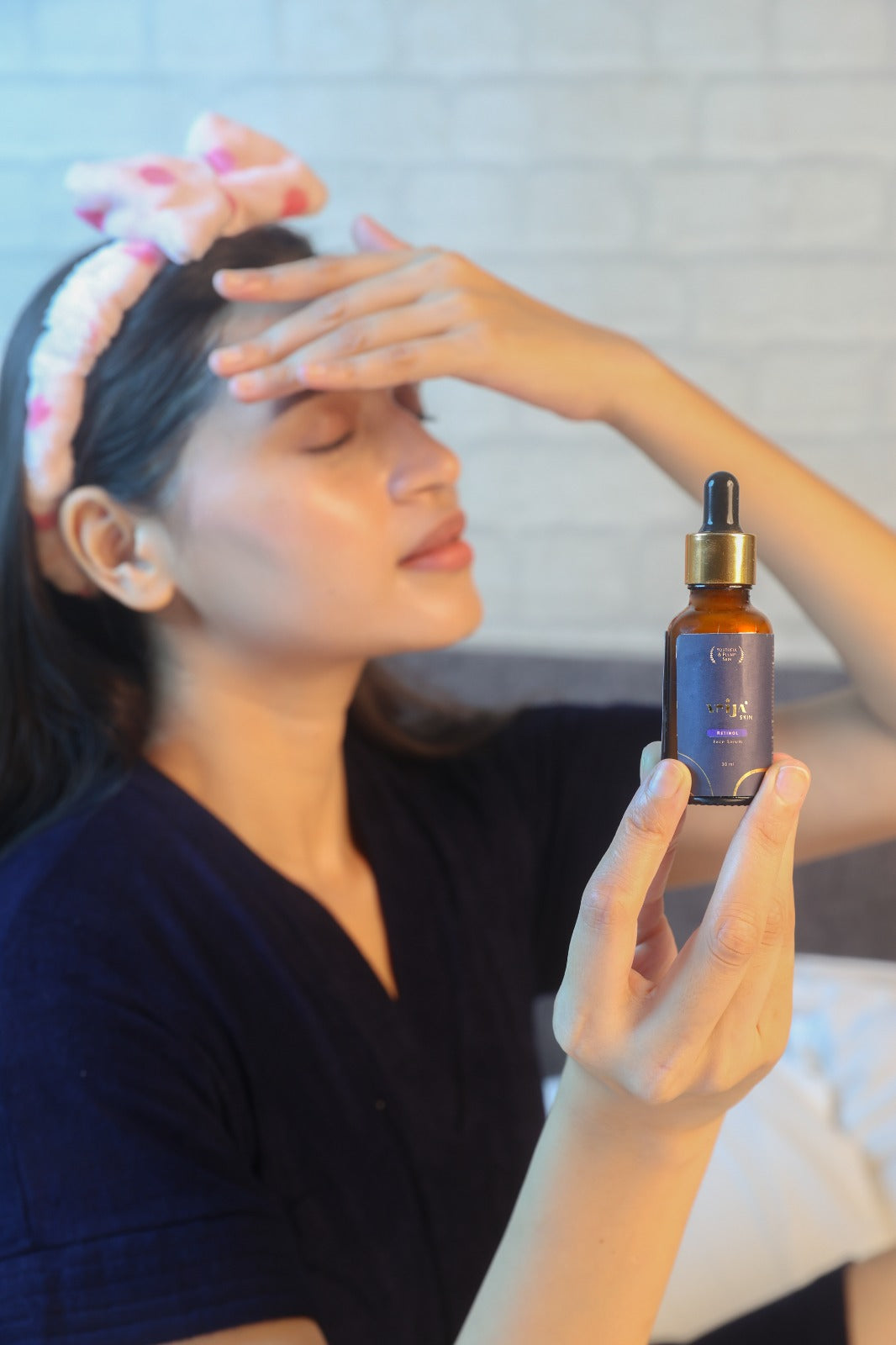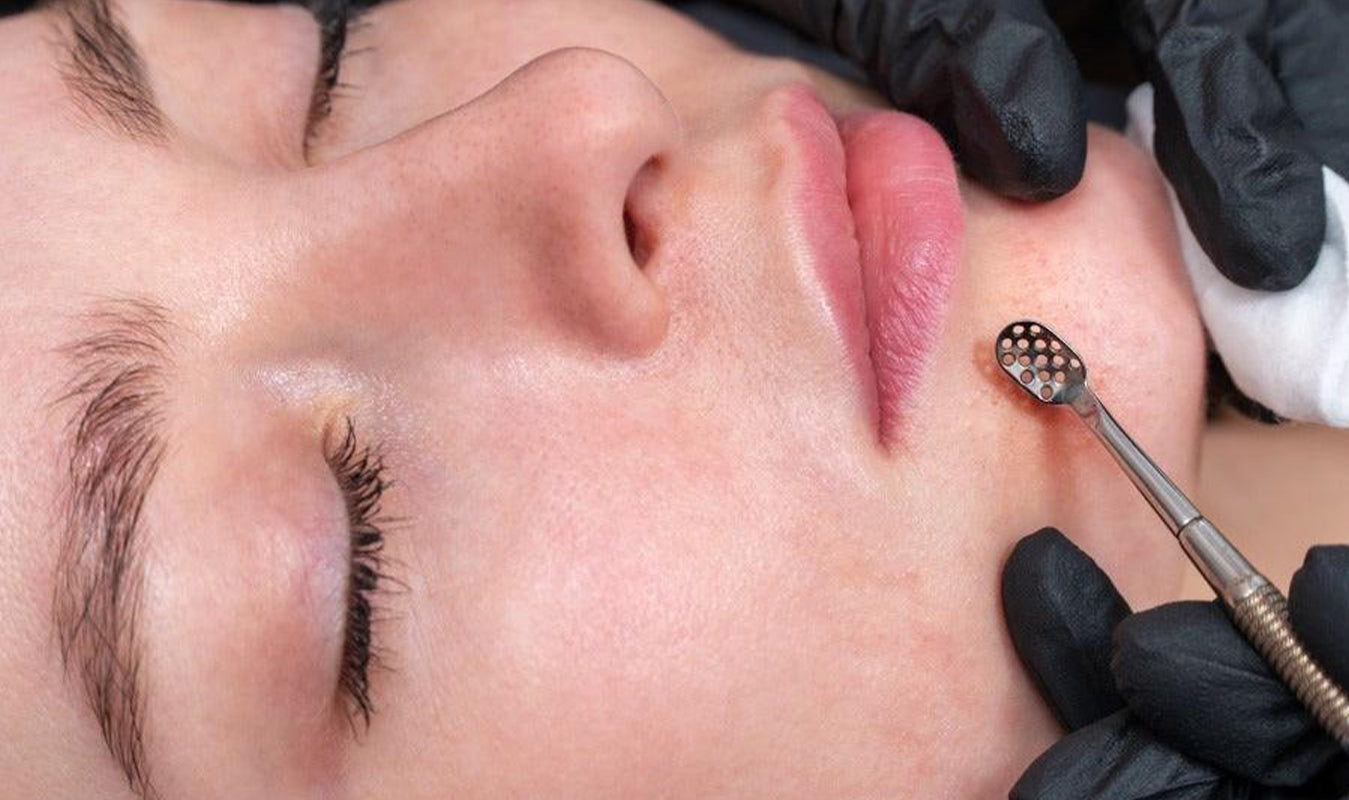
Keeping your skin hydrated during summers
Even though your skin reserves its dehydrated days for the colder weather, most of us may face skin dehydration even during summers. The common perception is that skin looks and feels plumper during the summers. Also, many people are bound to experience oilier skin during the hot weather, with our skin becoming more acne-prone and the pores becoming even more visible. However, for those of us who experience more parched skin during the summers, it can leave us a bit confused.
Why does our skin type change throughout the year?
What makes our skin change its oil and hydration levels throughout different seasons is directly linked to the climate around us. During the winter season, the atmosphere around you is cold, dry, and very harsh. This type of weather is more likely to draw water out of your skin. Therefore, it leads to an increased trans-epidermal water loss, or TEWL, leaving it dehydrated and in desperate need of some moisture. On the other hand, because of the increased humidity and temperature, your sebaceous (oil) glands are triggered to produce more oil.
Why do some people are more likely to have dehydrated skin even in summers?
Even though it is conflicting with what most people experience, some people do experience dehydrated skin during the hot months. This can be because of multiple reasons:
1. Any form of inflammation that can include acne, skin trauma, or chafing because of protective masks that we wear throughout the day can damage the protective barrier of your skin, leading to irritation and an increased trans-epidermal water loss.
2. Without regular use of sunscreen, you’re depriving your skin of its needs. How you may ask? UV rays in the skin can induce DNA damage in your skin, which may have a deteriorating effect on your skin as well.
3. Especially during summers, your body physiologically maintains an equilibrium temperature by perspiration. However, for most of us, sweat can be more of a nuisance. Excessive sweat obviously makes you lose more water, increasing dehydration.
4. As your skin starts producing more oil during the summers, you will feel an urge to wash your face more often throughout the day. However, washing your face more than twice (maximum thrice) a day can strip your skin of the natural oils it produces, leading to dryness. Additionally, if your face wash is pretty harsh (which it is ought to be during summers), you can irritate your skin leading to dehydration.
5. Decreased water intake (in spite of your body’s desperate calls to drink more water) will not only lead to dehydration but will also lead to retaining toxins in your body.
How do you treat dehydrated skin during summers?
Now that we know what causes dehydrated skin during summers, we can confidently agree on the treatment and prevention, which is only a simple word: hydration! Here are five tips to increase skin hydration during summers:
1. Increase your water intake: Increasing the amount of water you drink will drastically improve the way your skin looks and feels. Water makes up almost 70% of your body weight. Incorporate more fruits into your diet, and cut down on the coffee you drink every hour. Consume fruits like watermelon, mango, cucumber, and drinks like lemonades.
2. Resist the urge to wash your face every two hours. This will help your skin replenish its natural oil content. If you feel that your cleanser is too harsh for your skin, switch to a gentler cleanser. Additionally, if you have acne-prone skin, look for cleansers that have salicylic acid or benzoyl peroxide as their primary ingredients. These ingredients help clean your pores and keep the acne-causing bacteria at bay. Additionally, ditch physical exfoliators, as they can cause micro-tears in your skin, further damaging your barrier.
3. Incorporating ingredients like hyaluronic acid into your skin can have a very powerful impact on your skin. Hyaluronic acid is commercially available as serums or moisturizers and is known to be a potent humectant. By virtue of this property, it can hold water in your skin, and increase its hydration.
4. Do not skip the SPF. When it comes to UV rays, they don’t discriminate. If you’re not protecting your skin, it can’t fight for you. With damaged skin cells, you predispose your skin to hyperpigmentation, tanning, and even skin cancer.
5. Keep a face mist with you at all times. As soon as you feel that your skin is starting to get a little thirsty, a face mist can be a quick fix. Spritz a gentle, fragrance-free face mist onto your face and you will be good to go.




